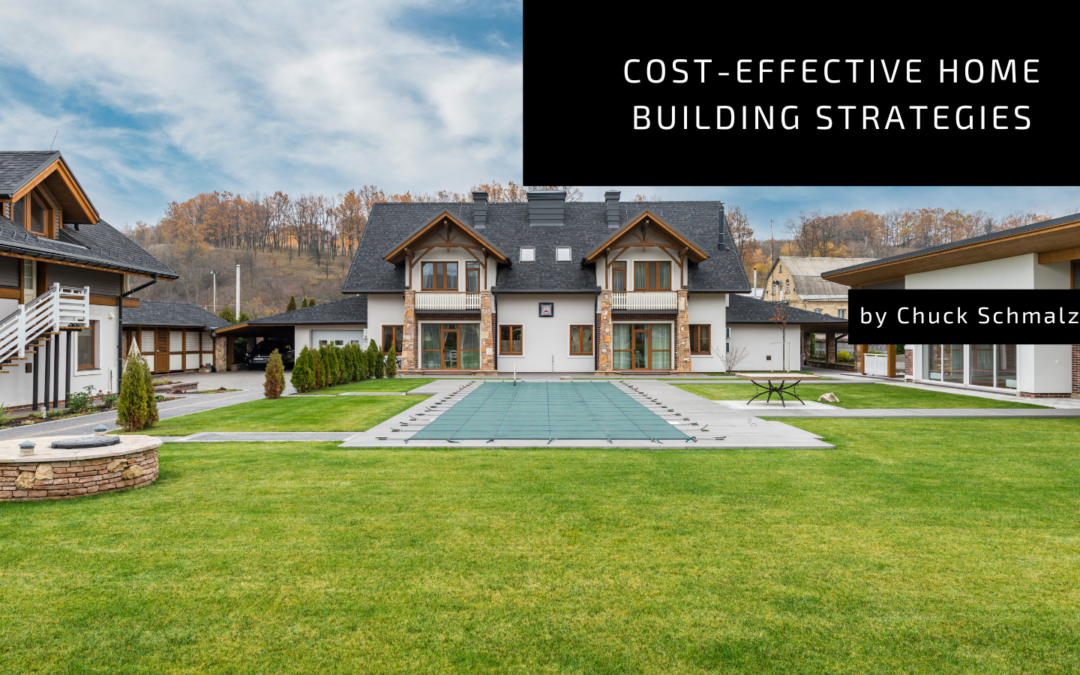Building your dream home doesn’t have to break the bank. With strategic planning and a focus on cost-effective strategies, you can create the home you’ve always wanted while staying within your budget. This blog will explore valuable, cost-effective home-building strategies to help you maximize your investment.
- Set a Realistic Budget: A well-defined budget is the foundation of any cost-effective home-building project. Decide what you can spend and stick to it. Include not only construction costs but also contingencies for unforeseen expenses.
- Choose the Right Location: The right location can significantly impact construction costs. Research areas with affordable land prices and consider factors like proximity to work, schools, and amenities. A lower-cost location can help you save on the upfront cost of land.
- Prioritize Needs Over Wants: Identify and prioritize your must-have features over luxury additions. Focus on functionality and practicality rather than extravagant details. You can always upgrade and add extras later as your budget allows.
- Energy Efficiency: Invest in energy-efficient design and materials. While initial costs may be slightly higher, energy-efficient features can save you money in the long run through lower utility bills. Look for appliances, windows, and insulation with high energy efficiency ratings.
- Efficient Design: Optimize your home’s layout and design to maximize space utilization. A well-planned design can reduce the need for unnecessary square footage and help you save on construction costs. Consider open floor plans and multi-purpose spaces.
- DIY Where Possible: If you have the skills and time, consider tackling some DIY projects. Simple tasks like painting, landscaping, or even basic carpentry can save you money on labor costs. However, be cautious not to take on tasks beyond your expertise, as mistakes can cost more to fix.
- Competitive Bidding: Get quotes from multiple contractors and suppliers to ensure you get the best prices. Be sure to compare the cost and the quality of materials and workmanship. Choosing the right professionals for the job can save you money in the long term.
- Quality Over Quantity: Invest in high-quality, durable materials requiring less maintenance and replacement. It may cost more upfront, but it can save you money over the life of your home.
- Keep Changes to a Minimum: Avoid making frequent changes to the design or materials once construction starts. Changes can lead to delays and extra costs, so finalizing your plans is crucial before construction begins.
- Be Patient and Flexible: Building a cost-effective home takes time and patience. Be prepared for unpredictable delays and setbacks, and stay flexible in your plans. Rushing decisions can lead to costly mistakes.
In conclusion, building a cost-effective home is entirely achievable with careful planning and smart decision-making. By setting a sensible budget, prioritizing your needs, and making informed choices, you can create your ideal home while keeping your finances in check. Remember that your home is a long-term investment, and the money-saving strategies you implement now can pay off in the future.

